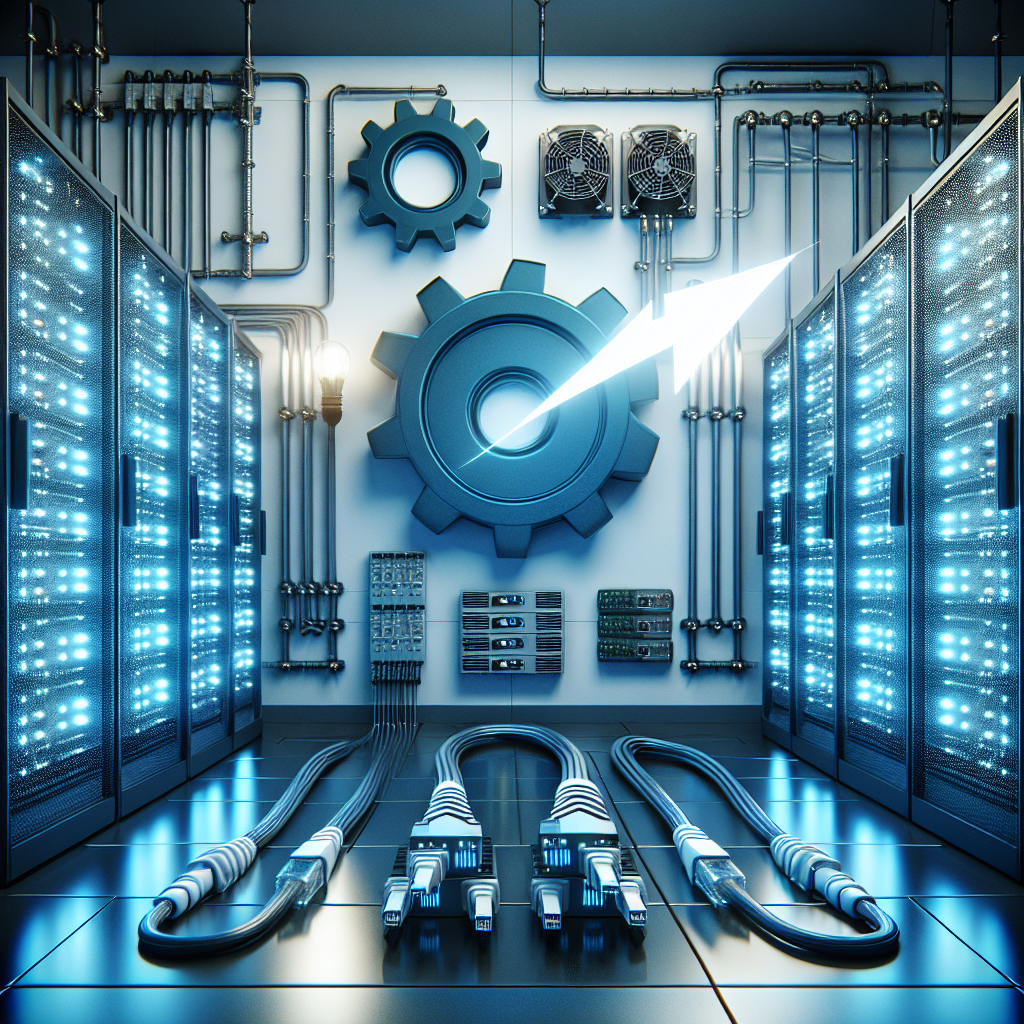How Data Center Electrical Systems Impact Overall Facility Operations
Data centers are the backbone of today’s digital world, housing the servers and equipment that store and process data for businesses and organizations. These facilities require a significant amount of electricity to power the servers, cooling systems, and other equipment necessary for their operation. The electrical systems within a data center play a critical role in ensuring the facility can function efficiently and reliably.
Data center electrical systems impact overall facility operations in a variety of ways. From power distribution to backup systems, these systems are essential for maintaining uptime and preventing costly downtime. Here are some key ways in which data center electrical systems can impact overall facility operations:
1. Power distribution: Data centers require a robust power distribution system to deliver electricity to the servers and equipment within the facility. The electrical systems must be designed to handle the high power demands of the servers while ensuring that power is distributed evenly and efficiently throughout the facility. A well-designed power distribution system can help prevent overloading circuits and ensure that power is delivered to where it is needed most.
2. Cooling systems: Data centers generate a significant amount of heat, which can impact the performance and reliability of the servers. Electrical systems are responsible for powering the cooling systems that help regulate the temperature within the facility. Proper cooling is essential for preventing equipment from overheating and ensuring that servers can operate at peak performance. A failure in the cooling system can lead to downtime and potentially damage to the equipment.
3. Backup power: Data centers rely on backup power systems to ensure continuity of operations in the event of a power outage. Electrical systems are responsible for powering backup generators and uninterruptible power supply (UPS) systems that can provide emergency power to the facility. These systems are essential for preventing downtime and ensuring that data is not lost during a power outage.
4. Monitoring and control: Data center electrical systems also include monitoring and control systems that allow operators to track power usage, temperature, and other critical metrics within the facility. These systems help operators identify potential issues before they escalate into larger problems, allowing for proactive maintenance and troubleshooting. Monitoring and control systems are essential for ensuring the overall efficiency and reliability of the facility.
In conclusion, data center electrical systems play a critical role in ensuring the overall efficiency and reliability of the facility. From power distribution to cooling systems, backup power, and monitoring, these systems are essential for maintaining uptime and preventing costly downtime. Data center operators must invest in robust electrical systems to ensure the smooth operation of their facility and the safety of their equipment. By prioritizing the design and maintenance of electrical systems, data center operators can maximize the performance and reliability of their facility.


